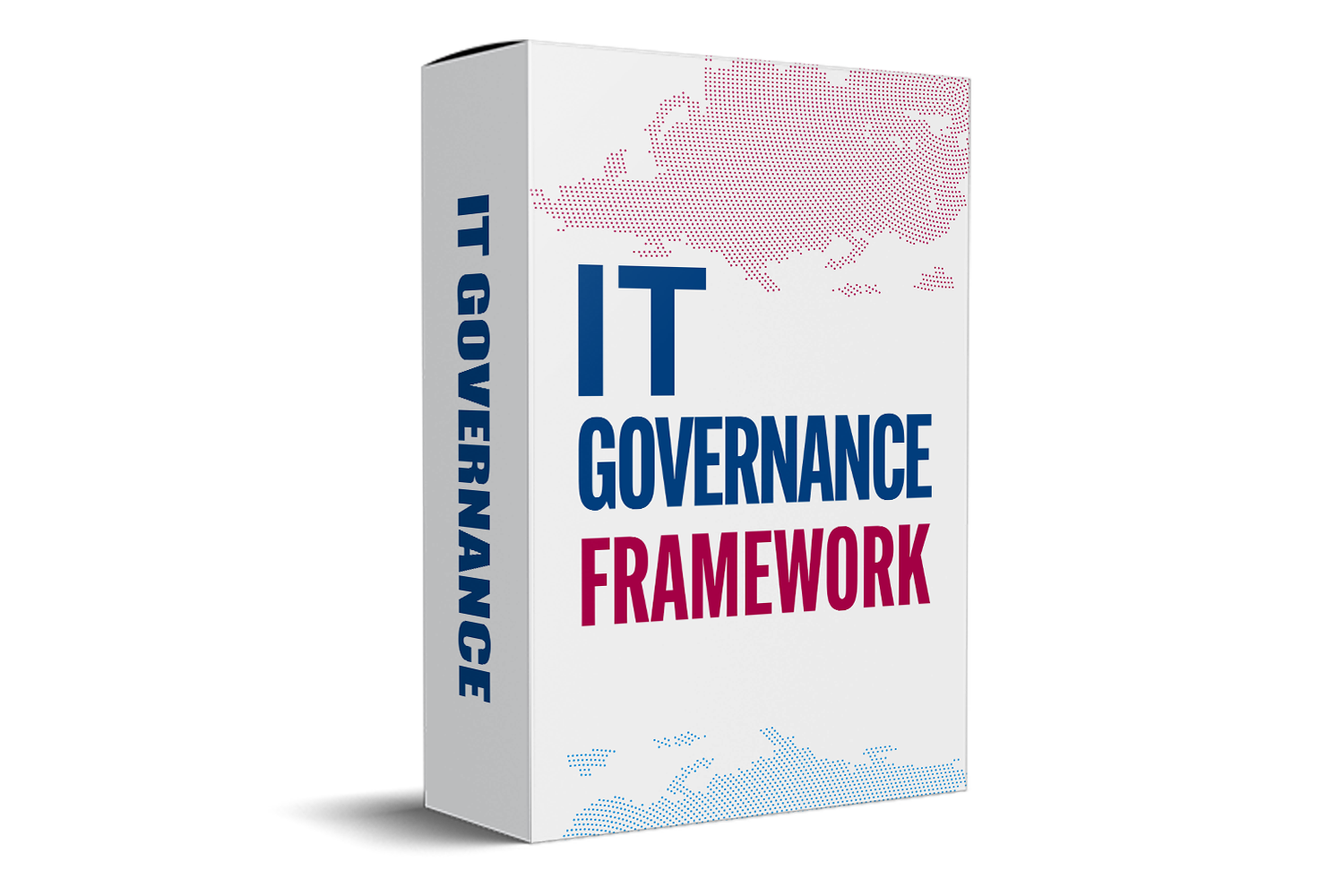GDPR Clear Desk and Clear Screen Policy Template
Overview
When the products are not in use or a user leaves the workstation, a clean desk and clear screen policy are essential to ensure that all sensitive/confidential documents are taken out of an end-user workspace and locked away.

Purpose
The purpose and objectives of this policy are in addition to those detailed within the organization's overriding Information Security Policy. First, protect confidential information from being disclosed.
What Do "Clean Desk" And "Clear Screen" Mean?
The term "clean desk and clear screen policy" refers to procedures that guarantee sensitive data, both in digital and physical form, and assets (such as notebooks, cellphones, tablets, etc.) are not left unprotected at private or shared workspaces when they are not in use or when someone leaves his workstation, either for a brief of time or at the end of the day.
A clear screen policy tells every employee in your company to log off after a long break and lock their desktops when they leave their desks. As an outcome, the data on the computer screen is concealed from prying eyes, and the device is secured against unauthorized use. Policies for a clean desk and a transparent screen.
How To Implement “Clean Desk and Clear Screen" Policy?
Under the GDPR, all data controllers must implement a “clear desk and clear screen” policy. This policy requires that all confidential and personal information is removed from desks and computer screens when they are not being used.
The policy is designed to protect the confidentiality of personal data and to prevent unauthorized access to it.
To implement a clear desk and clear screen policy, data controllers should:
- Establish procedures for the removal of confidential and personal information from desks and computer screens when they are not in use.
- Train employees on the procedures for the removal of confidential and personal information from desks and computer screens.
- Monitor compliance with the procedures for the removal of confidential and personal information from desks and computer screens.
The clear desk and clear screen policy is an important part of data protection and should be implemented by all data controllers.
Why Is It Essential To Have A "Clean Desk and Clear Screen" Policy?

A clean desk and clear screen policy are essential for several reasons:
• Security: A clean desk policy helps to keep sensitive information out of sight where it can be accessed or seen by unauthorised individuals. Similarly, a clear screen policy ensures that confidential information is not visible to passersby on computer screens.
• Productivity: A cluttered desk or a cluttered computer screen can be distracting, making it harder for employees to focus on their work. By keeping a tidy workspace, employees are better able to stay organized and focused on the task at hand.
• Health and safety: A clean desk policy can assist in lowering the risk of workplace accidents. A cluttered desk, for example, may be more likely to cause an injury or accident. A clear screen policy can also help to reduce eye strain, which can cause headaches, fatigue, and other health issues.
• Professionalism: A clean desk and clear screen policy help to create a more professional work environment. When customers or clients visit the workplace, a tidy workspace creates a positive impression of the company.
Overall, a clean desk and clear screen policy is essential for maintaining security, improving productivity, promoting health and safety, and creating a professional work environment.
Advantages of Clear Desk Policy
- You can prevent outside parties, like security administrators or cleaning staff, from accessing confidential documents after hours by ensuring access to personal records by ensuring hours by providing that they are never left out in the open.
- A clean desk policy can be a necessary aspect toward securing further authorization in addition to being helpful for GDPR compliance. It's crucial to provide proof of conformity throughout the organization for these accreditations, not only at the highest level. A clean desk policy that is well-designed does the intended job.
- Finding data might take a significant amount of time for employees. With a neat and organized desk, this can be reduced. An organization's costs for paper, ink cartridges, and printer servicing will be significantly reduced if staff is encouraged to use digitized versions of files.
- If the employees are organized, they can spend more on their tasks and are less likely to become frustrated when they can't find a file they need. Everyone who chooses to visit your firm will think it is organized and professional looking if your desk is clean and organized.
Advantages of Clear Screen Policy
- Computer Dialog boxes should always be password-protected and turned off when not in use.
- Computer displays should be turned away from unauthorized people's lines of sight.
- To enable security updates to be installed during the evening, computer workstations must be logged off after the working day.
- When there is no activity for a brief, predetermined amount of time, the Windows Security Lock should be set to activate.
- For reactivation, the Windows Security Lock ought to be password-protected.
- Passwords must not be written down and left in an accessible position, nor should they be left on sticky notes stuck to or under a computer.
Conclusion
In conclusion,a clean desk and clear screen policy is essential for maintaining a professional and efficient workplace. It aids in the promotion of productivity, security, and health and safety.
Companies can create a more positive and productive work environment by ensuring that sensitive information is kept confidential and workspaces are clutter-free. A clean desk and clear screen policy is a simple yet effective way to improve workplace organisation and professionalism.


